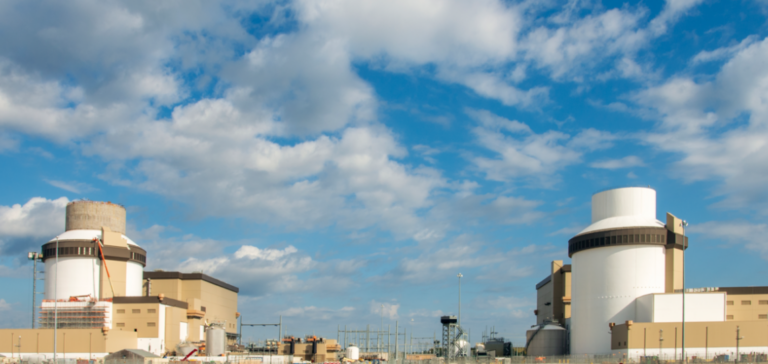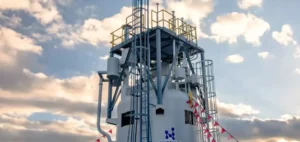Poland, in a significant move towards energy diversification, recently took a crucial step forward with the preliminary approval of its second major nuclear reactor. This development is part of a global drive to find alternatives to fossil fuels and meet current climate challenges. Indeed, the decision by Poland’s Ministry of Climate and Environment to grant approval in principle for the construction of this nuclear reactor in the Patnów-Konin region marks an important milestone in the Polish energy landscape.
The Polish-Korean Nuclear Energy Alliance
At the heart of this project is a strategic collaboration between Poland and South Korea. The APR1400 reactors, supplied by South Korea, promise not only significant power generation capacity – estimated at 22 TWh annually, or around 12% of Poland’s current electricity demand – but also a step towards cleaner, more stable energy. The initiative is also supported by PGE PAK Energia Jądrowa, a 50/50 joint venture between ZE PAK and Polska Grupa Energetyczna (PGE), two leading Polish companies. The speed with which this decision in principle was reached, less than 13 months after the letter of intent was signed, bears witness to the commitment and effective cooperation between the project partners.
Economic and energy implications
The Patnów-Konin nuclear reactor is not just an energy infrastructure project; it also represents a vector for economic and ecological change. By providing affordable, clean energy, it promises to play a key role in securing Poland’s energy independence and reducing its dependence on fossil fuels. Moreover, this initiative is part of a broader framework of nuclear projects in Poland, including the first 3750MWe reactor in Pomerania and KGHM Polska Miedź SA’s project to build a NuScale VOYGR modular nuclear power plant.
A Nuclear Future in an Uncertain Political Context
These developments come against a fluctuating political backdrop, with recent elections in Poland and uncertainty over the formation of the next government. Although the future political direction remains uncertain, the commitment to nuclear power appears to be a focal point for various political parties, reflecting a collective awareness of the importance of nuclear power for the country’s energy security and environmental sustainability.
The Polish government’s recent decision to proceed with the construction of the second major nuclear reactor not only illustrates the country’s commitment to nuclear power, but also underlines the growing importance of this energy source in the global context.






















